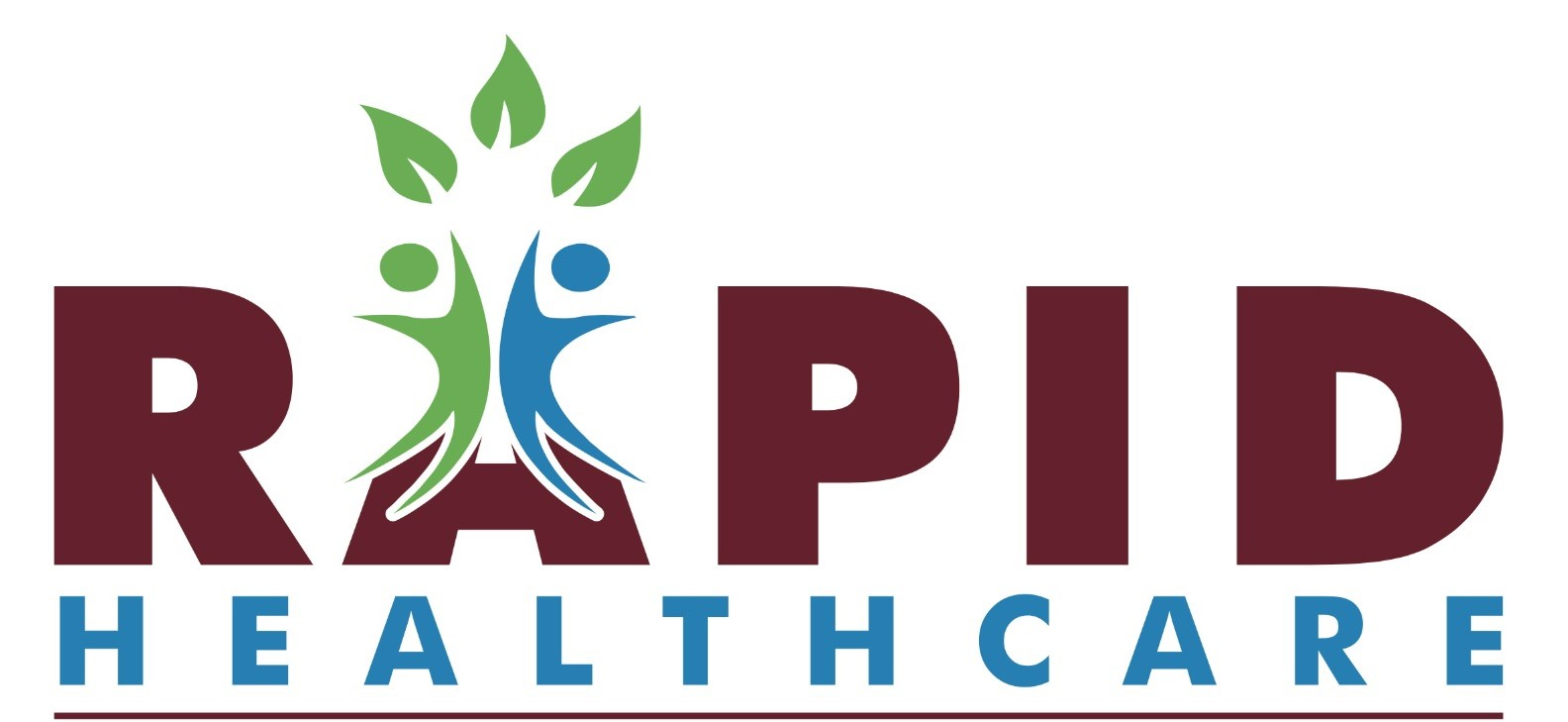
Welcome to the Rapid Healthcare blog! As a leading primary care clinic in Joliet, we are committed to providing you with the latest insights and information related to your health. Today, we’re diving into the intricate connection between two common conditions: eczema and asthma. If you or a loved one has experienced either of these, understanding this link can be critical to managing and treating both effectively.
What Are Eczema and Asthma?
Eczema is a term used to describe a group of conditions that cause the skin to become red, itchy, and inflamed. It is a chronic condition that often starts in childhood.
Asthma is a chronic respiratory condition that narrows and inflames the airways, causing difficulty in breathing, coughing, wheezing, and shortness of breath.
The Connection Between Eczema and Asthma
The relationship between eczema and asthma is part of what’s known as the “Atopic March.” This refers to the progression of allergic diseases in a specific order, often starting with eczema in infancy, followed by food allergies, allergic rhinitis, and then asthma.
Here’s a closer look at how eczema and asthma are connected:
- Shared Genetic Factors: Both eczema and asthma often occur within the same families, indicating a genetic link. Certain genes that play a role in the immune system might make a person more susceptible to both conditions.
- Immune System Response: Both conditions are characterized by an overactive immune response to allergens. In eczema, the skin’s barrier function is impaired, leading to dryness and irritation. In asthma, the airways become inflamed and constricted. The same immune cells may be involved in both processes.
- Environmental Triggers: Common environmental triggers like pollen, dust mites, and pet dander can exacerbate both eczema and asthma. If you have eczema and are exposed to these triggers, you may be at a higher risk of developing asthma later on.
Managing Eczema to Prevent Asthma
At Rapid Healthcare in Joliet, we believe that early intervention is key. Managing eczema effectively can potentially reduce the risk of developing asthma. Here’s how:
- Proper Skin Care: Regular moisturizing and avoiding triggers can keep eczema under control.
- Consulting with Healthcare Professionals: Regular check-ups with a healthcare provider specializing in eczema can help monitor and manage the condition effectively.
- Allergy Testing: Identifying specific allergens and avoiding them can minimize flare-ups.
Contact a Trusted Primary Care Doctor in Joliet
The connection between eczema and asthma is complex, and research is ongoing. At Rapid Healthcare, we are dedicated to providing personalized care and education to help our patients in Joliet understand and manage these conditions.
If you have eczema or asthma and are looking for support and guidance, our team of experienced healthcare providers is here to help. Contact us today to schedule a consultation and take the first step towards better understanding and controlling these interrelated conditions. Your health is our priority, and we’re here to assist you every step of the way.
Posted on behalf of
167 N. Chicago St.
Joliet, IL 60432
Phone: (630) 518-4444
Mon - Fri: 9am – 5pm
Sat, Sun: Closed


